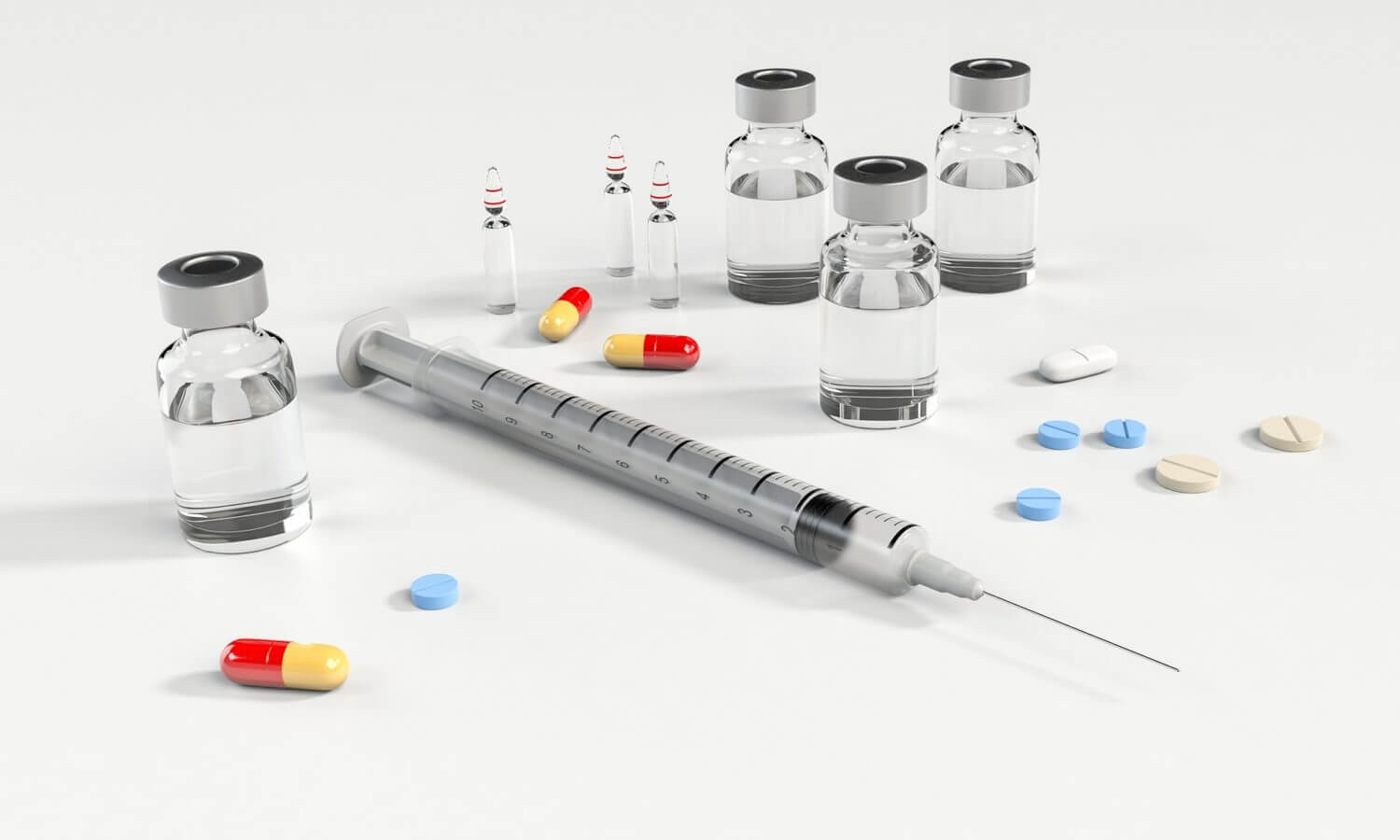According to the Centers for Disease Control’s 12 Month-ending Provisional Number of Drug Overdose Deaths by Drug or Drug Class, around 48,000 people died from opioid overdoses in 2017. While treatment methods such as inpatient and outpatient therapy, behavioral therapy, and support groups are essential to recovery from opioid addiction, researchers are constantly on the lookout for medications to assist with both overdose reversal and addiction treatment. Unfortunately, this urgency has some policy makers moving away from proven treatment methods toward less proven medications, often urged on by lobbyists.
One popular prescription medication used to treat opioid addiction is called Vivitrol, which is the brand name for naltrexone, an extended-release injectable suspension. Unlike other forms of naltrexone, which must be taken either once a day or three times a week, one injection of Vivitrol last for a month. Vivitrol is a synthetic opioid antagonist, meaning it blocks opioids from binding to their receptors, which prevents users from feeling euphoria and the other effects. It has been used for years to both reverse opioid overdose and treat opioid addiction. The idea is that if you continue using a drug and never feel any of its positive effects, eventually the cravings and positive feelings associated with the drug use will fade and you’ll no longer feel compelled to use it.
Tom Price, President Trump’s former Health and Human Services Secretary (who resigned amidst scandal in September 2017), drew ire from addiction experts by expressing skepticism of maintenance therapies like methadone and buprenorphine, saying it was like exchanging one opioid addiction for another. Shortly after visiting an Ohio pharmaceutical factory where Vivitrol is produced, he extolled the virtues of the medication, incorrectly stating that it could cure addiction. While medication-assisted therapies have a long history of effectiveness in treatment, naltrexone hasn’t been studied nearly as much, and it has some serious side effects.
Some people who have taken Vivitrol reported an inability to feel any pleasure at all after using the medication. In an interview with Vice, one opioid addict recounted feeling depressed, disillusioned, and uninterested in things she used to enjoy. She barely ate, didn’t speak to other people, and was unable to sleep. The medication label acknowledges that it can cause depression and suicidal thoughts and may increase overdose death risk when people stop treatment.
There have been a few small clinical trials – mostly funded by the industry – that suggest that Vivitrol is effective. This may be true, but only if people continue using it. Despite the manufacturers proclaiming the monthly shots as an incentive, one study of 1,900 patients being treated for opioid or alcohol addiction found that 39 percent accepted just one shot and only 14 percent took five or more.
If you or a loved one need help with quitting drugs or alcohol, consider Asana Recovery. We offer medical detox, along with both residential and outpatient programs, and you’ll be supervised by a highly trained staff of medical professionals, counselors, and therapists. Call us any time at (949) 438-4504 to get started.



